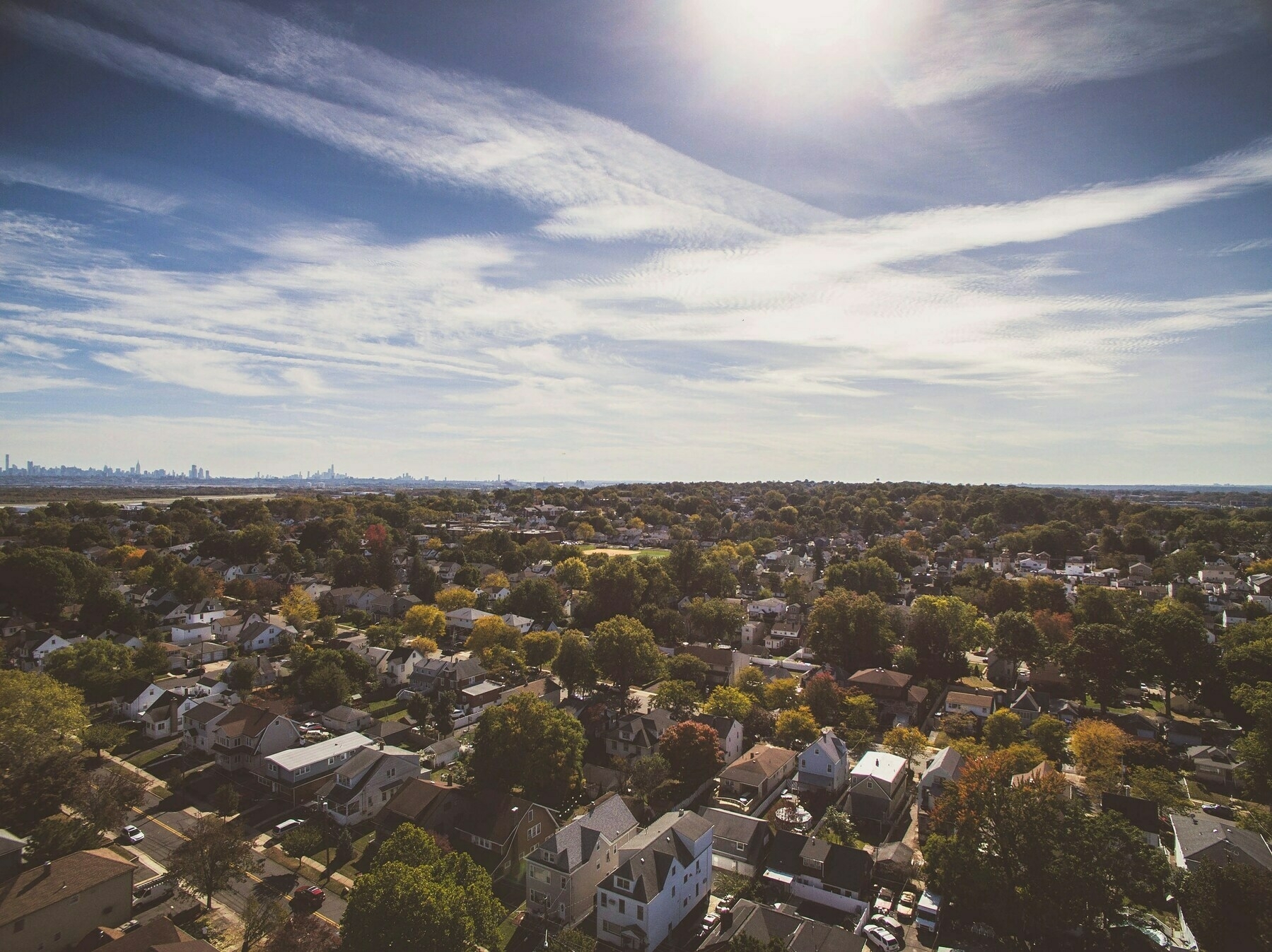Make This Place A Home

One of my favorite movies is Garden State starring Zach Braff. There is an amazing conversation that takes place between his character, Large and Natalie Portman’s character, Sam. They talk about what home is.
Large: You know that point in your life when you realize the house you grew up in…isn’t really your home anymore. All of a sudden, even though you have some place where you put your shit…that idea of home is gone.
Sam: I still feel at home in my house.
Large: You’ll see one day when you move out. Just sorta happens one day, and it’s gone. You feel like you can never get it back. It’s like you feel homesick for a place that doesn’t even exist. Maybe it’s like this rite of passage, you know? You won’t ever have that feeling again until you create a new idea of home for yourself. You know, for… For your kids. For the family you start. It’s like a cycle or something. I don’t know. But I miss the idea of it, you know? Maybe that’s all family really is. A group of people that miss the same imaginary place.
It’s one of those scenes that resonates with me, deeply. I think that there was a time in my life that I would have said, “absolutely the idea of home is imaginary.” Yet, I don’t think that anymore.
I think that “home” is where we choose to be present.
As I read through the Gospels I am struck by the poignancy that three of the narratives contain some form of birth narrative (Mark doesn’t have one). It is important for us to realize that God breaking into the world as fully man was not accidental, it was a choice, a decision, it was intentional.
Eugene Peterson renders John 1:14a this way, “The Word became flesh and blood, and moved into the neighborhood.”
In Jeremiah 29:4-7 we read, “This is what the LORD Almighty, the God of Israel, says to all those I carried into exile from Jerusalem to Babylon: “Build houses and settle down; plant gardens and eat what they produce. Marry and have sons and daughters; find wives for your sons and give your daughters in marriage, so that they too may have sons and daughters. Increase in number there; do not decrease. Also, seek the peace and prosperity of the city to which I have carried you into exile. Pray to the LORD for it, because if it prospers, you too will prosper.” In other words, move into the neighbor hood and create a home.
There is a long history of being present. In a very real sense, Jesus was experiencing exile. He chose to be exiled on our behalf and yet “moved into the neighborhood.” In the Jeremiah passage, we see God’s recommendation to the people in exile to settle down and ultimately to “seek the peace and prosperity of the city” by creating for themselves a home.
Jesus chooses to be present. God’s people in exile are challenged to be present.
Often we, as Christians, talk about how this world is not our home. When we talk like this I think we are undercutting our calling as followers of Jesus. As a primary responsibility for being the people of God, is to choose to be present in the place that we find ourselves. We have all been with people who are physically with us but are anything but present with us. If we are constantly telling ourselves we are not “home” then we will find ourselves unable to be present. We will not be creating home.
The church is to be seeking the peace and prosperity of the place it finds itself in. To do this demands that we choose to be fully present in the place that we live. Here is one practical step we could intentionally make toward this end. I think that we as the American church need to rethink some of our strategic priorities. Particularly, I think we need to free the people in our congregations to be present and involved in the life of our local communities. Almost every single service organization in our communities is in dire need of volunteers. Churches have service minded people who could be freed up to meet these needs. What if the church intentionally freed up its members to do this? We would naturally begin praying for and helping to bring about the peace and prosperity of our towns and cities. These places would feel more like home than ever before.
Where can you serve in your town or neighborhood? How can you become more present where you live? What steps can you take to make this place your home?